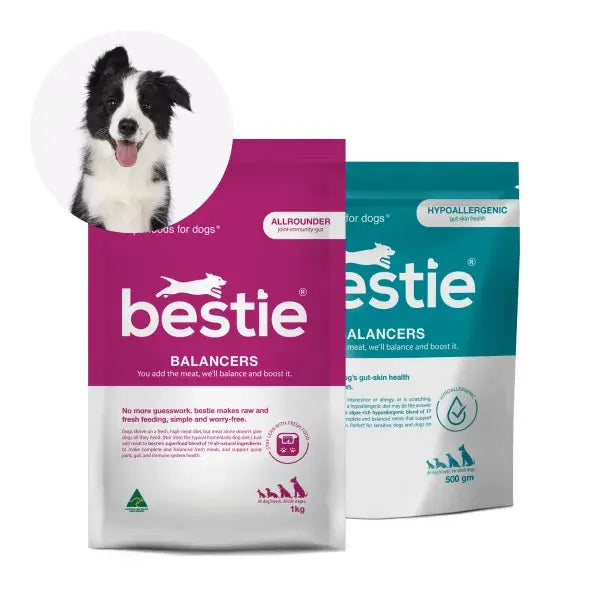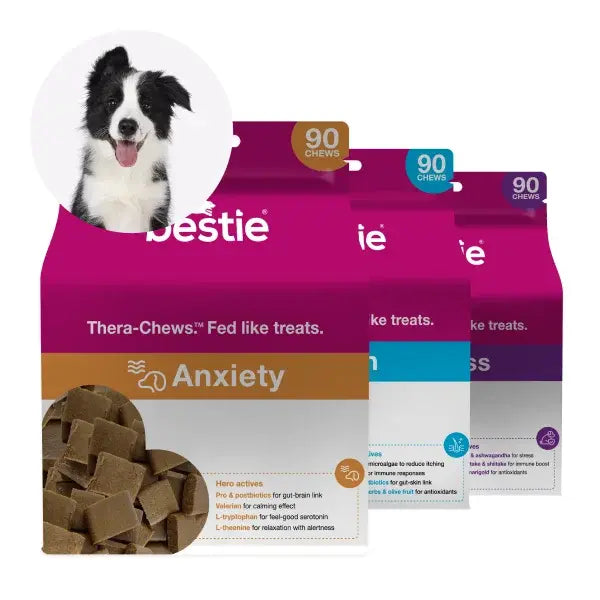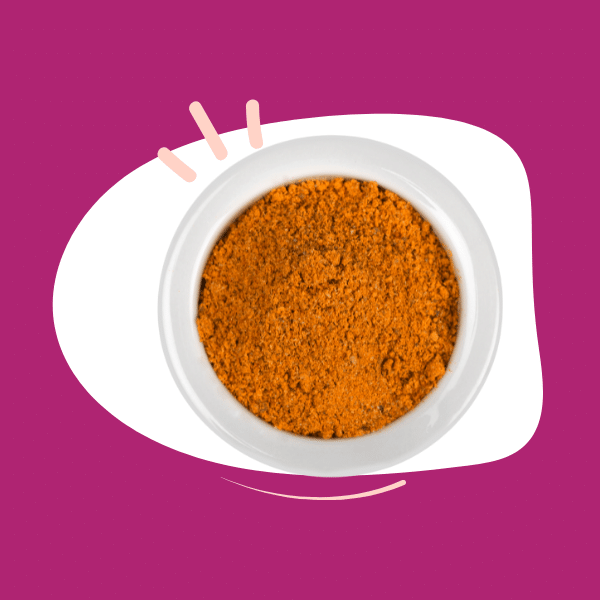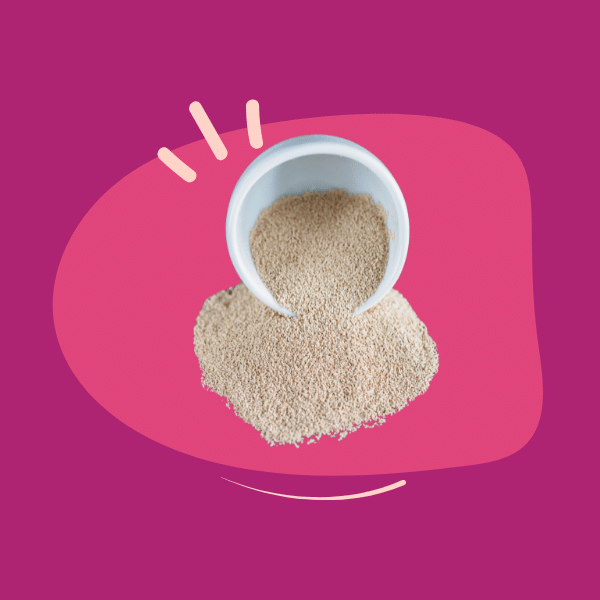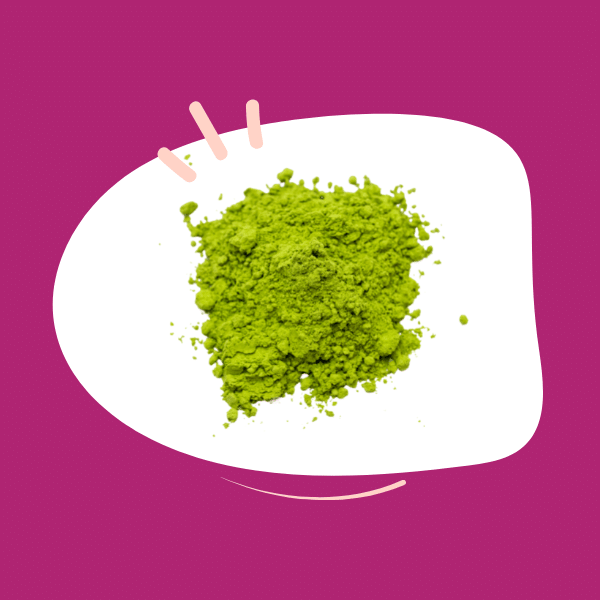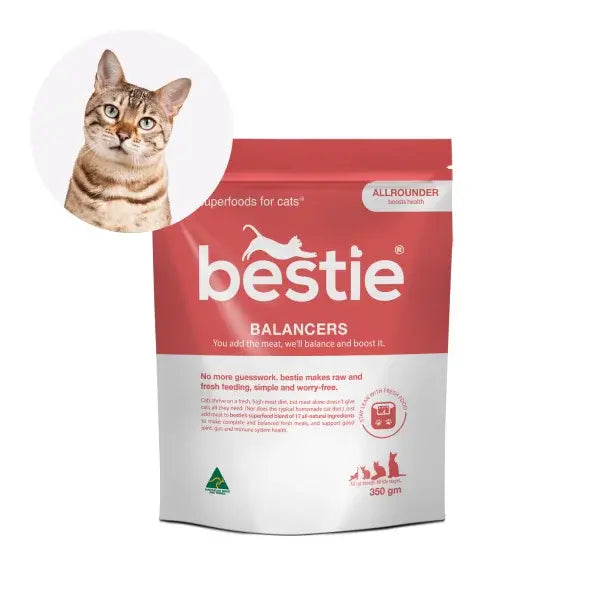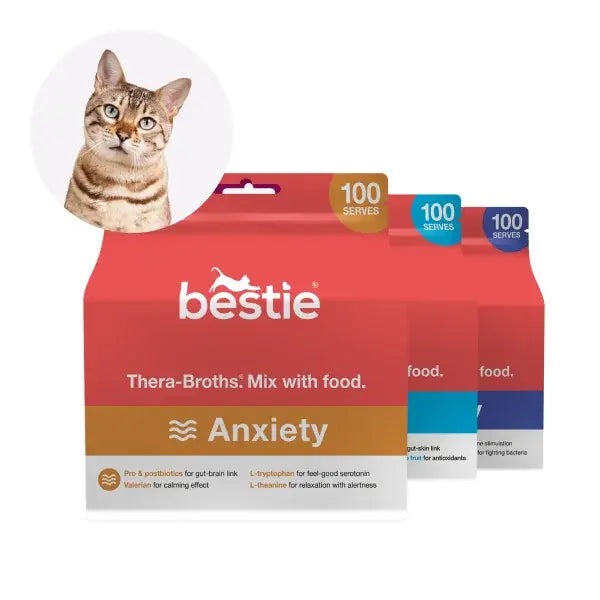A pet with stinky breath (halitosis) isn’t always fun to have around! Aside from being unpleasant for pet parents, smelly dog breath can be a sign of a health issue.
As with all health problems, the sooner halitosis in dogs is acted upon, the higher the chances of a good resolution.
In this article we’ll cover:
- How to recognise normal vs smelly dog breath (and when to call the vet!)
- The causes of bad breath in dogs
- Ways pet parents can improve the smell of their dog’s breath (including proven supplements)
Why does my dog’s breath smell?
It’s important for pet parents to understand that the smell of their dog's breath can be relative. For our furry friends who like to eat rubbish (or worse!) pet parents can expect their pet’s breath to smell accordingly.
The typical daily routine of many of our dogs playing with their toys and using their nose to explore, often causes their mouth to accumulate smells.
However, if your dog develops extremely horrible breath over a short period of time or in the presence of general health changes (such as vomiting or diarrhoea), without being exposed to a possible source of a bad smell, it’s best to contact your vet.
Sometimes, smelly breath in our furry friends can be caused by more serious underlying condition such as: (bulleted list)
- Oral health problems – read more about this in our article ‘Dental care for dogs’
- Liver disease
- Kidney disease
What are the causes of bad breath in dogs?
When plaque is allowed to build up on our pet’s teeth, it allows the bacteria within to produce the hydrogen sulphide and methyl mercaptan which contribute both to bad breath and periodontal disease.1 It has therefore been proven, that giving our dogs a thorough regular dental hygiene routine (with the use of supplements such as green tea,2 or brushing to reduce plaque build-up) can help reduce bad breath.
The problem can sometimes also be at the opposite end of our furry friends! If a dog is suffering from an imbalance in their intestinal microflora, it can lead to bad breath after the excess gas from bacteria is translocated through their bloodstream and exhaled.
As in humans, abnormal smelling breath can also be a sign of diabetes (sweet smelling) and liver or kidney disease (often accompanied by ulcers in our pets).
How pet parents can improve the smell of their dog’s breath
Research studies have shown that nutrition can be used to successfully manage halitosis.3
Diets containing egg white lysozyme, propolis, thyme, bioflavonoids and vitamin C have been shown to significantly decreased bad breath when fed over a period of 30 days due to a ‘significant reduction of methyl mercaptan, hydrogen sulphide and dimethyl sulphide’ (produced by those gram negative bacteria we mentioned earlier).4 Extracts from green tea have also proven a bactericidal effect.2
A step up from green tea is thought to be cranberry due to its ability to ‘disrupt cariogenic virulence properties without being bactericidal, a key quality essential for retaining the benefits of the symbiotic resident oral microbiome’5. More research is needed but polyphenols of cranberries ‘appear to have potential for preventing and/or treating dental caries and periodontal disease’6.
Most of these ingredients are also in The Smooch, bestie’s gummy chew for halitosis. It uses Cranberry juice powder, citrus bioflavonoids powder, green tea extract, thyme, sage, egg albumen, and blackcurrant powder, in an easy to feed gummy chew.
Interestingly, antibiotic residues in the bones found in commercially prepared dog food have also been considered to contribute to bad breath due to inflammation.4 This is because even after the carcasses are processed, the antibiotics the live animals were treated with remain inside their bones. When these bones are used to make our pets food, it is possible they can irritate their gums.
‘Probiotics can create a biofilm, acting as a protective lining for oral tissues against oral diseases’8 Supplements containing probiotics can be an easy way for pet parents to protect their pets mouth from bacteria which cause bad breath.
Similarly, propolis and thyme have been shown to reduce bad smells within saliva due to their ‘known antibacterial properties’7.
Charlotte Francesca Stiles
Charlotte is a 5th-year veterinary medicine student at the University of Zagreb, Faculty of Veterinary Medicine. She is a volunteer at her university's obstetrical clinic, equine clinic, an editor of her university's scientific journal, and dog mum to 12-year-old Chiki.
Charlotte is particularly interested in wildlife medicine and research and hopes that her current extra-curricular work as a student in this area will help her achieve a scientific career after graduation.
References
- Oral Malodor and its Relevance to Periodontal Disease in the Dog, Neil Culham, BSc., John M. Rawlings, PhD. First Published December 1, 1998. Volume 15. Issue 4 165-168
- Green tea: A boon for periodontal and general health, Journal of Indian Socierty of Periodontology, April 2012, Anirban Chatterjee, Mini Saluja, Gunjan Agarwal, Mahtab Alam
- Therapeutic Effectiveness of a dietary supplement for management of Halitosis in dogs, Journal of Visualized experiments, July 2015, Alessandro Di Cerbo, Federica Pezzuto, Sergio Canello, Gianandrea Guidetti, Beniamino Palmieri
- Unravelling a commercial formula to relieve halitosis in dogs, Journal of applied research in veterinary medicine, December 2018Sergio Canello, Alessandro Di Cerbo, Gianandrea Guidetti, Raffaella Cocco,
- Cranberry Polyphenols: Potential Benefits for dental caries and Periodontal disease, Laetitia Bonifait, Daneil Grenier, 2010, J Can Dent Assoc 2010;76:a130
- Cranberry polyphenols: Natural Weapons against Dental caries, Neby Philip, March 2019, Dentistry Journal Laurence J. Walsh,
- Halitosis: A silent affliction! Chron Young Sci 2012;3:251-7 .Marawar PP, Sodhi NA, Pawar BR, Mani AM.


